Tag: Alán Aspuru-Guzik
-
Science & Tech
New way to model molecules
Scientists from Harvard and Google have demonstrated for the first time that a quantum computer could be used to model the electron interactions in a complex molecule.
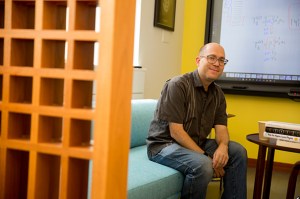
-
Science & Tech
A battery inspired by vitamins
Harvard researchers have developed a new class of battery electrolyte material based on vitamin B2 that could enable large-scale, inexpensive electricity storage for renewable power sources.
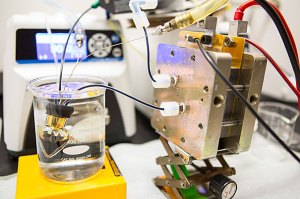
-
Science & Tech
Material gain
A team of scientists from Harvard University and MIT has developed a theoretical model of a material that could one day anchor the development of highly efficient solar panels.
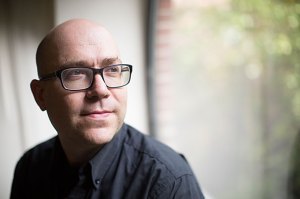
-
Campus & Community
Energy research wins grant
Harvard chemist Cynthia Friend has been awarded a major center grant from the U.S. Department of Energy’s Basic Energy Sciences’ Energy Frontier Research Centers program, which is designed “to accelerate the scientific breakthroughs needed to build the 21st-century energy economy.”

-
Science & Tech
Battery offers renewable energy breakthrough
A team of Harvard scientists and engineers has demonstrated a new type of battery that could fundamentally transform the way electricity is stored on the grid, making power from renewable energy sources such as wind and sun far more economical and reliable.
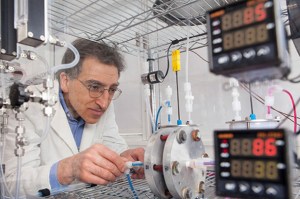
-
Science & Tech
Map to renewable energy?
Researchers hoping to make the next breakthrough in renewable energy now have plenty of new avenues to explore — Harvard researchers this week released a database of more than 2 million molecules that might be useful in the construction of organic solar cells for the production of renewable energy.

-
Science & Tech
Electrical conductor sparks interest
Harvard and Stanford chemists have created and purified an organic semiconductor with excellent electrical properties, simultaneously confirming a screening process being used to find new photovoltaic materials.
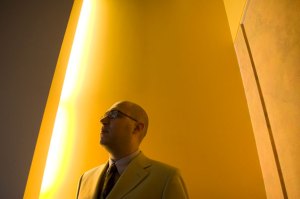
-
Campus & Community
Under 35, and at the top
Three 30-something Harvard researchers win TR35 technology honors for their innovative, world-shaping work.
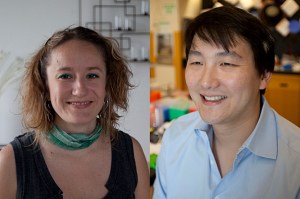
-
Health
Quantum (not digital) computing
Study uses quantum computing to make calculations, in a breakthrough that could change myriad fields, including cryptography and materials science.
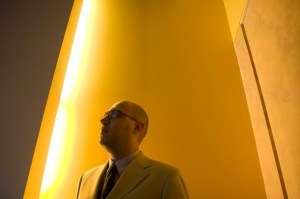
-
Science & Tech
Harnessing fun for serious science
Researchers from chemistry, computer science, and astronomy are learning a trick or two from video games and investigating a new kind of computing based on graphics processing units.
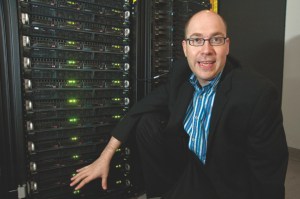
-
Science & Tech
Idle computing power may ID candidate molecules for efficient solar panels
The world today uses enough power to illuminate 150 billion light bulbs for a year. According to some estimates, by 2050, demand will double, creating irreversible climate change without reductions in humanity’s carbon output.
-
Science & Tech
Quantum computers could excel in modeling chemical reactions
Quantum computers would likely outperform conventional computers in simulating chemical reactions involving more than four atoms, according to scientists at Harvard University, the Massachusetts Institute of Technology (MIT), and Haverford College. Such improved ability to model and predict complex chemical reactions could revolutionize drug design and materials science, among other fields.


